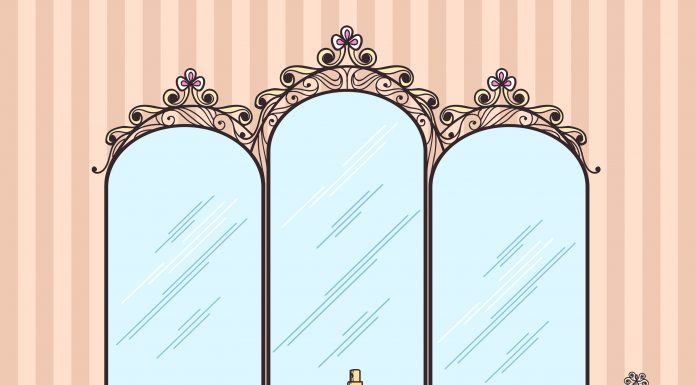What does depression looks like? Lack of interest, lethargy and sadness are all visible signs that we notice. Depression in seniors can manifest itself in different ways than it does in younger adults. Old age and disease can be attributed to many of the symptoms of depression in seniors. This can make it more difficult for both doctors and loved ones to realize when a senior is depressed.
What are the most common signs of depression in seniors? If untreated, depression in seniors can lead to:
- Loss of concentration and other cognitive changes. These can quite easily be attributed to dementia or another illness such as Parkinson’s disease.
- Loss of pleasure in activities. This can show up as lethargy or a depressed mood.
- Weight loss or weight gain. Along with this you will notice an increase or a decrease in appetite. Those with a loss of appetite will show no enjoyment in food. If they once loved to cook or think up new recipes, this too will gradually disappear.
- Feelings of worthlessness. If your loved one is showing feelings of extreme guilty or worthlessness, it’s time for a trip to their healthcare provider. The same goes if they start to speak of wishing to die or commit suicide. This is a mental health emergency.
Many seniors balk at getting treated for depression. In their younger days there was a stigma on any type of mental health problem. They consider this being weak and feel they should be able to overcome it themselves. It needs to be explained to the elderly. They need to know that just like anything else, it is a disease and one that can be treated.
To read more on spotting depression in seniors and how to cope with it, click here.






















